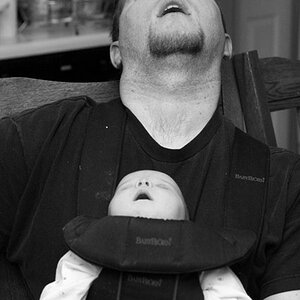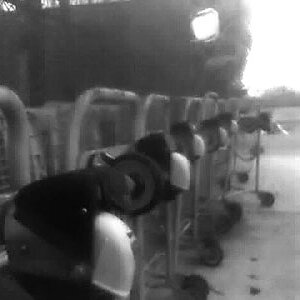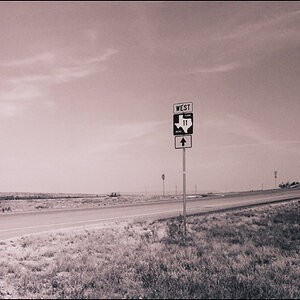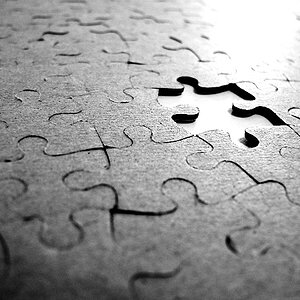chrisburke
TPF Noob!
- Joined
- May 25, 2007
- Messages
- 2,107
- Reaction score
- 0
- Location
- Madoc, Ontario Canada
- Website
- www.chrisburke.ca
- Can others edit my Photos
- Photos OK to edit
for those of you who have a lot of gear, how do you deal with insurance? Do you have separate insurance for your gear or do you just count it in your house insurance? If you include it with your house stuff, does your provider know of your gear, or do you just have a "$30,000 contents waiver" sort of deal? If they know about your gear, do you contact them every time you get something new?
I was just thinking about this yesterday, because I'm really starting to build on my gear.. and it would suck if anything was to happen... but while thinking about it, I thought... "how does the company know this is what I have.. for all they know I have a crappy P&S camera"
Then today while I was thinking about it, I thought, maybe I should just document all the gear.. serial numbers and such.. take pictures of it all... I don't have receipts for most of my gear anymore.. I've lost most of them one way or another, and some things I never did have receipts for, because I bought it from a random person not a store..
Any help in this would be great... and if it turns out that its fine being lumped in with my regular contents thats fine by me.. I just don't want an insurance company (if something was to ever happen) to say "we dont believe you had those cameras, etc...
I was just thinking about this yesterday, because I'm really starting to build on my gear.. and it would suck if anything was to happen... but while thinking about it, I thought... "how does the company know this is what I have.. for all they know I have a crappy P&S camera"
Then today while I was thinking about it, I thought, maybe I should just document all the gear.. serial numbers and such.. take pictures of it all... I don't have receipts for most of my gear anymore.. I've lost most of them one way or another, and some things I never did have receipts for, because I bought it from a random person not a store..
Any help in this would be great... and if it turns out that its fine being lumped in with my regular contents thats fine by me.. I just don't want an insurance company (if something was to ever happen) to say "we dont believe you had those cameras, etc...













